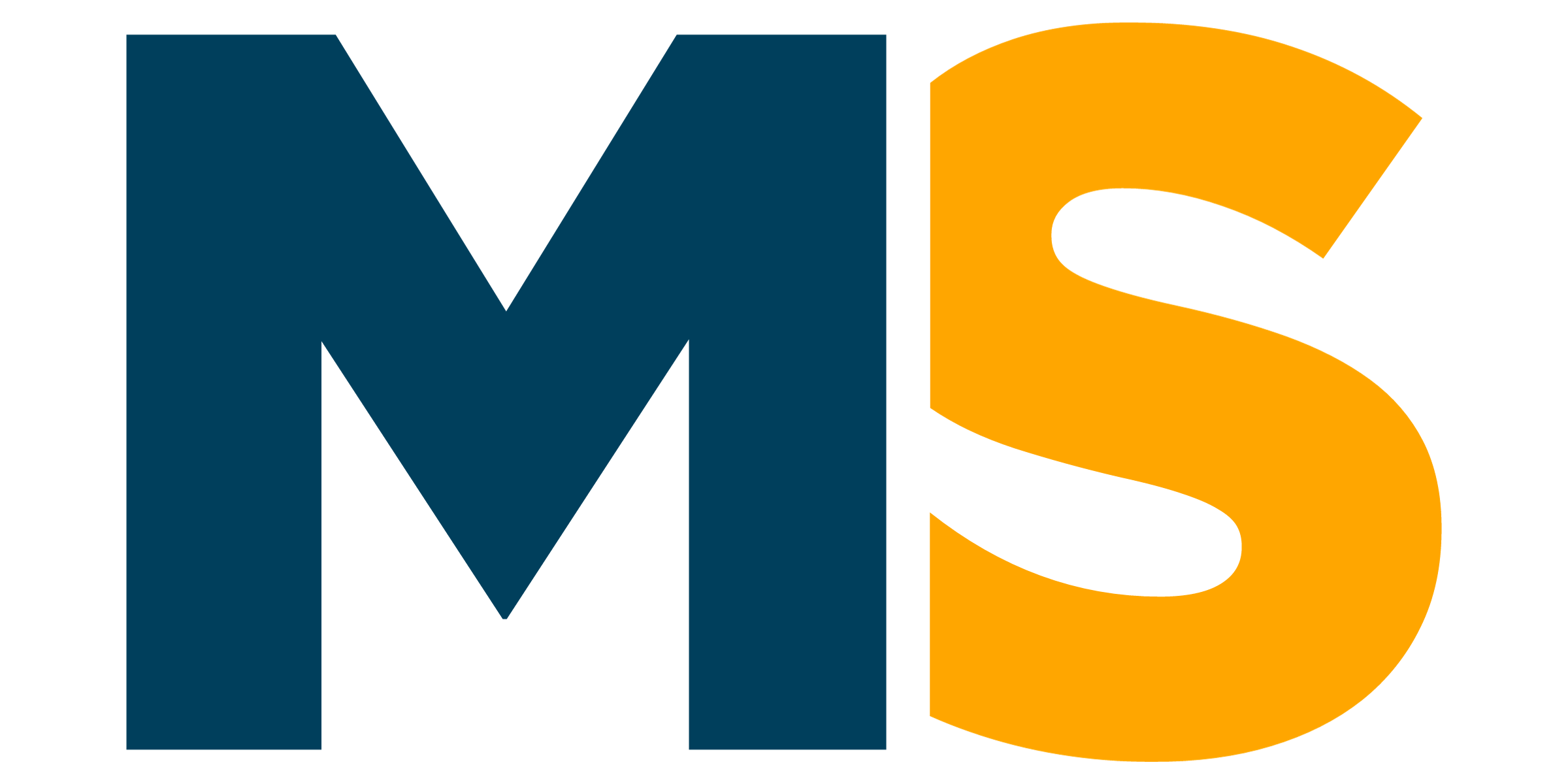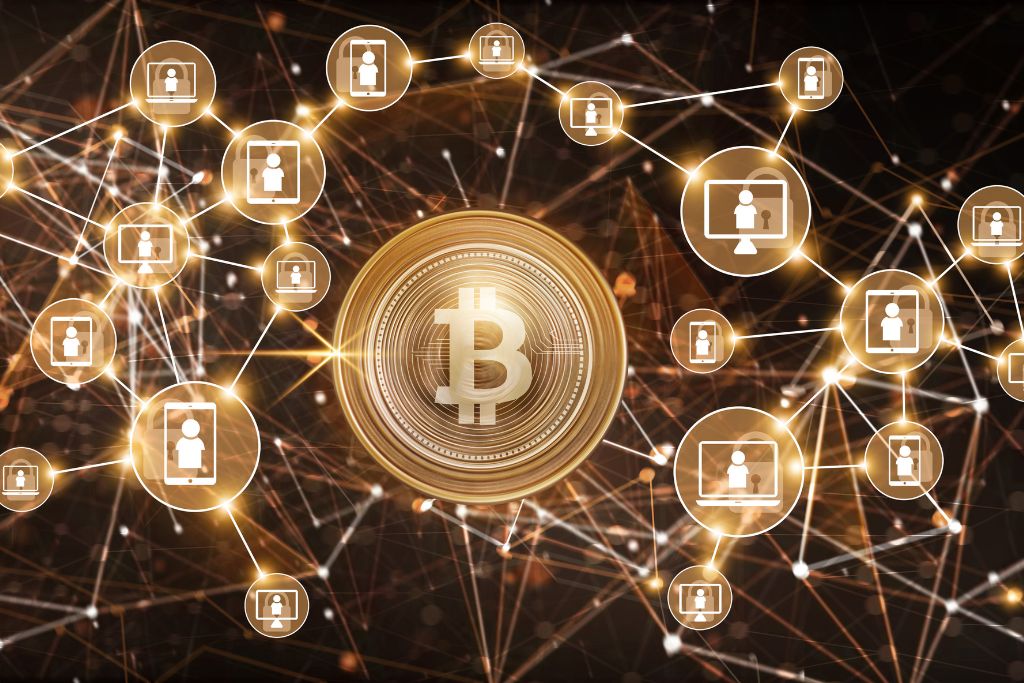In our ever-evolving world, technology continuously shapes the way we live, work, and interact. Among the technological marvels that have been making waves in recent years, two stand out: Artificial Intelligence or AI in blockchain. These two fields, on their own, are fascinating, transforming everything from our daily tasks to global financial systems. But what happens when they intersect? That’s where things get truly exciting.
This article aims to unravel the role of AI in blockchain, exploring how these two technological powerhouses can complement each other. We’ll delve into real-world applications, such as automating financial processes like invoicing and payment processing, and ensuring product authenticity through a decentralized ledger.
So, whether you’re a tech enthusiast, a business leader, or just someone curious about the future, come along. Let’s explore how two seemingly unrelated fields intersect to create a landscape brimming with opportunities and advancements.

Understanding the Role of AI in Blockchain
When we talk about AI in blockchain, it’s not just a trendy buzzword combo or a fleeting tech fad. It’s about two powerful technologies coming together to enhance and enable capabilities that neither could achieve alone. Let’s break down how they complement each other and why this integration matters.
How AI Complements blockchain (and Vice Versa)
AI’s intelligent algorithms and ability to learn from data make it perfect for analyzing complex systems and predicting outcomes. blockchain, on the other hand, provides a secure and transparent ledger for recording transactions.
When these two meet, magic happens. AI can analyze vast amounts of data on the blockchain, making predictions or automating tasks. Similarly, blockchain ensures that the data AI uses is secure and immutable. They’re like a tech-savvy dynamic duo, each enhancing the other’s strengths.
Real-World Applications and Use-Cases
The real excitement lies in what these two can achieve together in real-world scenarios. For instance:
- Finance: Automating trading strategies, reducing fraud, and enhancing regulatory compliance.
- Healthcare: Ensuring the privacy and integrity of medical records while leveraging AI for personalized treatment.
- Supply Chain: Offering end-to-end visibility and using AI to predict and optimize inventory levels.
These are just the tip of the iceberg, as businesses continue to innovate and explore new ways to leverage the applications of AI in blockchain.
Benefits of Integrating Both Technologies
Here’s the part where it gets even more interesting. Applying AI in blockchain doesn’t just create a cool piece of tech; it brings tangible benefits:
- Efficiency: Automated processes reduce manual intervention, speeding up tasks, and lowering costs.
- Security: With blockchain’s immutable records and AI’s predictive analytics, the integrated system becomes more resilient against fraud and breaches.
- Transparency: Everyone in the network can see the same records, ensuring authenticity and trust among parties.
The applications of AI in blockchain isn’t a “what-if” scenario; it’s a thriving, real-world collaboration that’s unlocking new potentials across industries. From automating financial decisions to revolutionizing supply chain management, the synergy of these two technologies is reshaping the way we do business and live our lives.

AI in Financial Processes on Blockchain
In a world where speed, accuracy, and security are paramount in financial transactions, the application of AI in blockchain is making waves. It’s not just about performing financial tasks faster; it’s about redefining how they’re done altogether. Let’s dive into some of the key areas where this integration is revolutionizing the financial world.
Automation of Invoicing and Payment Processing
Remember the days of manual invoicing and tediously tracking payments? Those days are becoming a thing of the past, thanks to the seamless integration of AI in blockchain. AI algorithms can now automate the entire invoicing process, generating, sending, and even reconciling invoices without human intervention.
Payment processing, too, becomes a breeze as AI can swiftly handle transactions, validate them on the blockchain, and even manage complex international payments with fluctuating exchange rates. It’s like having a highly skilled financial team working more efficiently.
Efficiency Improvements and Elimination of Intermediaries
The role of AI in blockchain doesn’t stop at automating processes; it also streamlines them. By reducing manual handling and removing intermediaries, transactions become faster and more cost-effective.
No more waiting for banks to approve transfers or third parties to verify details. Everything is handled directly within the system. With AI’s intelligent oversight, it ensures accuracy, security, and integrity.

AI for Tracking Products on Blockchain
In today’s interconnected world, tracking products from their origin to the consumer’s hands is more than just logistics. It’s about trust, authenticity, and transparency. That’s where AI in blockchain comes together in a harmony that’s reshaping industries. Let’s explore how.
Ensuring Authenticity and Transparency
Counterfeit products, unclear sourcing, and fraudulent practices have long plagued various industries. But imagine a world where you can verify the authenticity of a product with a simple scan. AI algorithms can analyze complex product information, verify it against the immutable blockchain records, and provide instant authentication.
Transparency isn’t just a buzzword here; it’s a standard practice. Every step of the product’s journey is recorded, verified, and easily accessible, creating an unbreakable chain of trust from producer to consumer.
How All Members of the Network Can See the Same Records
The decentralized nature of the blockchain means that there’s no single point of control or failure. Every member of the network has access to the same records, updated in real-time. It’s like a shared ledger that everyone can see but no one can alter unilaterally.
AI enhances this by interpreting and presenting this data in user-friendly ways, allowing even non-tech-savvy individuals to understand the product’s entire history. Whether you’re a supplier, retailer, regulator, or consumer, you have the same transparent view, fostering collaboration and trust.
Relevant Industries and Applications
This integration of AI in blockchain isn’t confined to niche markets; it’s spreading across industries:
- Pharmaceuticals: Tracking medications from manufacturing to pharmacies, ensuring quality control, and combating counterfeit drugs.
- Food and Agriculture: Providing consumers with detailed information about the sourcing, processing, and transportation of their food.
- Luxury Goods: Authenticating high-value goods and providing a clear chain of ownership and custody.
- Automotive: Ensuring the authenticity of parts and providing transparent maintenance records for vehicles.

AI & Blockchain in Mortgages
Mortgages represent one of the most significant financial commitments for many individuals, yet the process is often fraught with complexity, delays, and inefficiencies. Enter AI in blockchain, two technologies converging to redefine the mortgage landscape. Let’s unravel how this dynamic duo is making waves in the mortgage industry.
Overview of How AI Can Be Used in Mortgage Processes on the blockchain
The mortgage process typically involves numerous steps, from application and underwriting to approval and closing. AI and blockchain are synergizing to streamline these steps:
- Application: AI algorithms can quickly assess applicant information, predict risk, and provide instant pre-approvals.
- Underwriting: Automating the process by validating applicant data on the blockchain, significantly reducing processing times.
- Closing: Leveraging smart contracts on the blockchain to automate closing procedures, ensuring a transparent and timely process.
Benefits of AI & blockchain in Mortgages
The integration of AI and blockchain in mortgages offers tangible benefits that resonate with both lenders and borrowers:
- Speed: Automation reduces processing times, leading to faster approvals and closings.
- Accuracy: AI’s predictive analytics combined with blockchain’s secure records ensures precision and minimizes errors.
- Transparency: All parties involved have access to the same secure and immutable records, fostering trust and collaboration.
- Cost Savings: By eliminating intermediaries and manual processes, costs are reduced for both lenders and borrowers.

Challenges and Considerations
The integration of AI in blockchain holds immense promise, but like any groundbreaking innovation, it comes with its share of challenges and ethical considerations. Navigating this complex landscape requires awareness, critical thinking, and proactive strategies. Let’s delve into the potential obstacles, ethical dimensions, and future pathways in this integration.
Potential Obstacles in Integrating AI with blockchain
Applying AI in blockchain is not a plug-and-play scenario. Several potential obstacles must be addressed:
- Technical Complexity: Integrating two fundamentally different technologies requires deep expertise and can be time-consuming and costly.
- Data Privacy: Managing personal and sensitive information across both AI and blockchain platforms necessitates robust privacy measures.
- Scalability Issues: Ensuring that the integrated system can handle large-scale operations without compromising speed or security.
- Regulatory Hurdles: Complying with diverse and often conflicting regulations across jurisdictions can be a daunting task.
Ethical Considerations and Security Concerns
Beyond technical challenges, ethical and security concerns loom large:
- Bias and Discrimination: AI algorithms can inadvertently perpetuate biases present in the data, leading to unfair or discriminatory outcomes.
- Transparency and Accountability: While blockchain offers transparency in transactions, AI’s decision-making processes can be opaque, posing challenges in accountability.
- Security Vulnerabilities: Ensuring that the combined system is resilient against attacks and breaches, protecting both data integrity and user privacy.

The Future of AI in blockchain
The role of AI in blockchain isn’t just a technological phenomenon; it’s a seismic shift shaping our digital future. As we stand on the cusp of a new era, it’s worth exploring what lies ahead. What are the future trends, developments, and potential impacts on various industries and the global economy?
Predicting Future Trends and Developments
The landscape of AI in blockchain is constantly evolving, with several exciting trends on the horizon:
- Greater Integration: Expect to see deeper integration between AI and blockchain across multiple sectors, from healthcare to logistics.
- Smart Economy: The rise of AI-driven smart contracts on blockchain will create dynamic and automated economic models, potentially reshaping entire industries.
- Sustainable Practices: Leveraging these technologies for sustainability and environmental stewardship, such as energy-efficient mining and supply chain transparency.
- Democratizing Technology: Making AI and blockchain accessible to smaller businesses and individuals, reducing barriers and fostering innovation at all levels.
Potential Impact on Various Industries and Global Economy
The ramifications of AI and blockchain’s integration go beyond specific applications, with far-reaching impacts:
- Economic Growth: By streamlining processes, reducing costs, and enhancing security, this integration can fuel economic growth and create new business opportunities.
- Industry Transformation: From finance to manufacturing, expect a wave of transformation as traditional models are challenged by more transparent, efficient, and responsive systems.
- Empowering Individuals: Providing people with greater control over their data, financials, and transactions, leading to a more equitable and empowered society.
- Global Collaboration: Breaking down barriers and fostering collaboration across borders, enabling a truly global marketplace and community.

Final Thoughts
The intersection of AI in blockchain represents more than just a technological trend; it’s a convergence that has the potential to redefine how we live, work, and interact. As we’ve explored throughout this article, the implications are vast and varied.
Embrace the future, foster innovation, and be part of the change. Explore how AI and blockchain can elevate your work, contribute to your industry, and shape a transparent, efficient, and empowered world. The tools are here; the possibilities are endless. The question is, are you ready to be part of this exciting journey?

